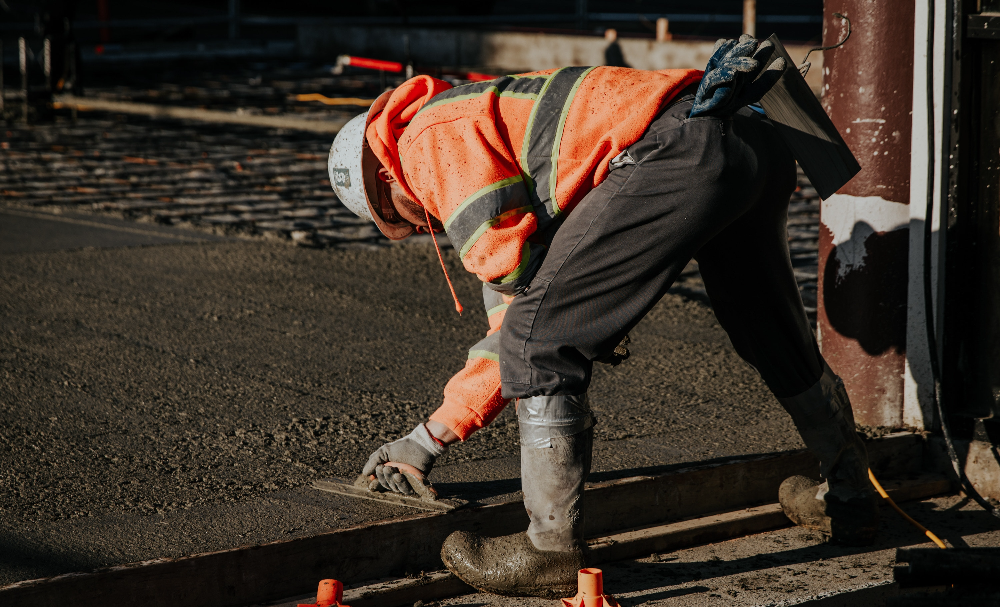Nearly 9 in 10 road construction workers in Ghana have suffered work-related injuries in the past years, a study has revealed. This reveals critical gaps in safety protocols across one of the country’s most labour-intensive industries.
Under the scorching sun or in the midst of pouring rain, they bend, lift, dig, and pave. They are the men and women behind Ghana’s ever-expanding network of roads, an essential workforce that remains largely unseen and underprotected. But a recent study has cast a spotlight on their reality, and it is far from rosy.
The 2023 study which was conducted across three regions: Ashanti, Ahafo, and Western North, surveyed 353 road construction workers.
It found that nearly 88% had sustained work-related injuries in the previous year alone. Even more alarming, more than two-thirds of them reported multiple injuries.
The researchers included Dr. Paul Okyere from the Department of Health Promotion and Disability Studies and Profs. Easmon Otupiri and Ellis Owusu-Dabo from the School of Public Health at KNUST.
“We often talk about development and infrastructure, but rarely about the human cost,” says Dr. Okyere. “These workers are critical to national progress, yet their safety and well-being are often overlooked.”
Serious risk with casual labour
The average road construction worker in the study is often employed on a contract or casual basis. Without permanent status, many have little to no access to healthcare benefits, protective gear, or even proper training.
The most commonly injured body parts? Lower backs, forearms, palms, legs, and feet; injuries that result not only in pain but in lost workdays and income.
Among the leading causes of these injuries were slips and trips, improper use of tools, and overexertion, particularly while lifting heavy materials. While a majority of injuries were minor, a notable 8.8% were moderate and 3.2% severe, pointing to the need for urgent intervention.
Wearing the risks
In interviews and open-ended responses collected through the study’s questionnaires, many workers admitted to working without helmets, gloves, or boots. Others spoke of makeshift equipment and broken-down tools. “Sometimes you use a spade until the handle breaks in your hand,” one respondent noted.
“There is an alarming normalization of risk,” says Dr. Okyere. “Injuries are treated like part of the job.”
Enforcing stricter regulations
The researchers are calling for stricter enforcement of safety regulations, particularly the consistent use of personal protective equipment (PPE). They also recommend enhanced training in tool and machinery use, and a restructuring of repetitive manual tasks to reduce strain and fatigue.
While the study acknowledges some limitations: such as memory recall bias and the selective nature of surveyed sites, the findings present a clear case for reform.
As Ghana continues to invest in infrastructure, the human foundation of these projects cannot be ignored. Each stretch of asphalt laid carries the weight of workers who often labour in uncertainty.
They are building the roads, but at what cost?
And until their safety becomes as prioritized as the roads they help create, the journey to truly sustainable development will remain incomplete.
| Story by Edith Asravor (URO) | |

















